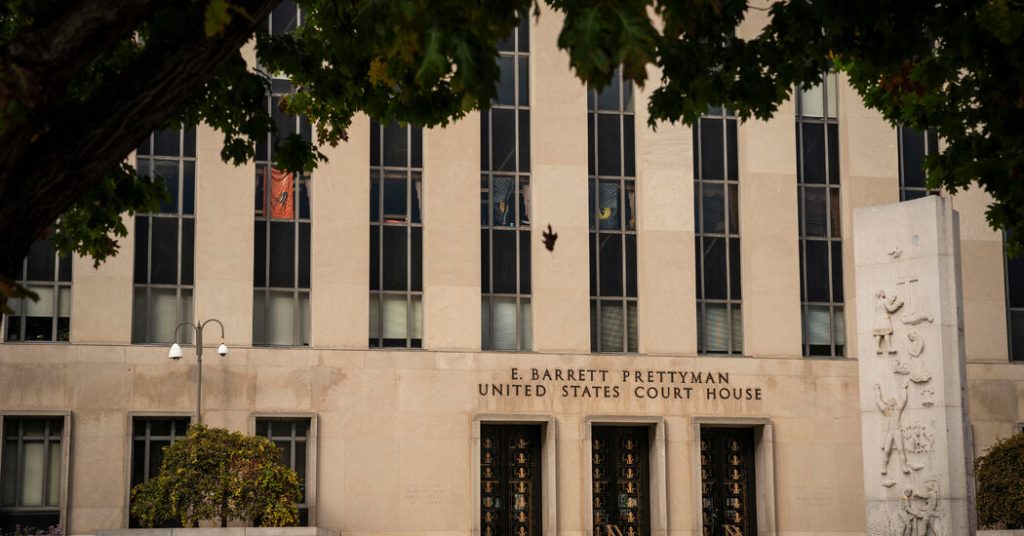The U.S. antitrust case against Google is nearing its conclusion, with final arguments set to be delivered by the Justice Department, state attorneys general, and Google itself. The case centers around allegations that Google engaged in unfair competition practices to maintain its dominance in online search. The trial, overseen by U.S. District Court Judge Amit P. Mehta, could potentially lead to significant changes in Google’s business practices or even a breakup of the company.
The case is seen as a major challenge to the power of tech giants, including Google, Apple, Amazon, and Meta, who have come under scrutiny for alleged monopolistic behavior. Many experts view this trial as a bellwether for future antitrust cases against major tech platforms. The outcome of the case is expected to set legal precedents that could impact the entire industry.
At the core of the case is Google’s dominance in online search, with the Justice Department claiming that Google’s search engine conducts nearly 90% of web searches and that contracts with companies like Apple have helped maintain this monopoly. Judge Mehta must determine if Google has monopoly power and if the company violated antitrust laws by engaging in exclusionary practices to protect its market share.
The trial has featured testimony from top executives including Google’s Sundar Pichai and Microsoft’s Satya Nadella, highlighting concerns about the impact of Google’s dominance on competition and innovation. If the judge rules against Google, potential remedies could include requiring the company to terminate certain agreements or imposing restrictions on its behavior.
The ruling in this case is expected to have far-reaching implications for the tech industry and future antitrust enforcement efforts. The legal standards set by previous cases, such as the antitrust challenge to Microsoft in the 1990s, could influence Judge Mehta’s decision and shape the regulatory landscape for large tech companies. The outcome of this trial may establish guidelines for what constitutes fair competition in the digital economy and how companies can defend their dominance without engaging in anticompetitive practices.
Overall, the U.S. antitrust case against Google represents a critical moment in the ongoing debate over the power and influence of big tech companies. The outcome of this trial could have significant implications for Google’s business operations, the broader tech industry, and future regulatory efforts to promote competition and innovation in the digital marketplace.


